When you chat with your Chinese friends on Wechat, after he/she tells a joke or throws a trendy meme into the chats, how do you respond in Chinese?
“lol”?
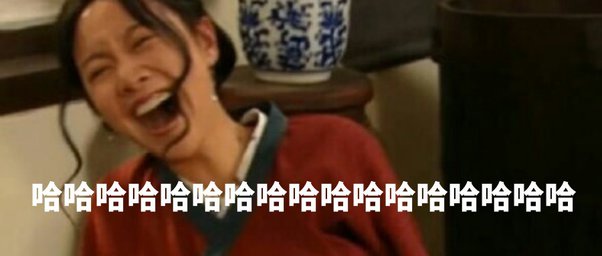
Chinese don’t do the abbreviation of the phrase “laugh out loud”, instead, they use words that emulate the sound. “哈哈 haha” is the Chinese corresponding word for “lol”.
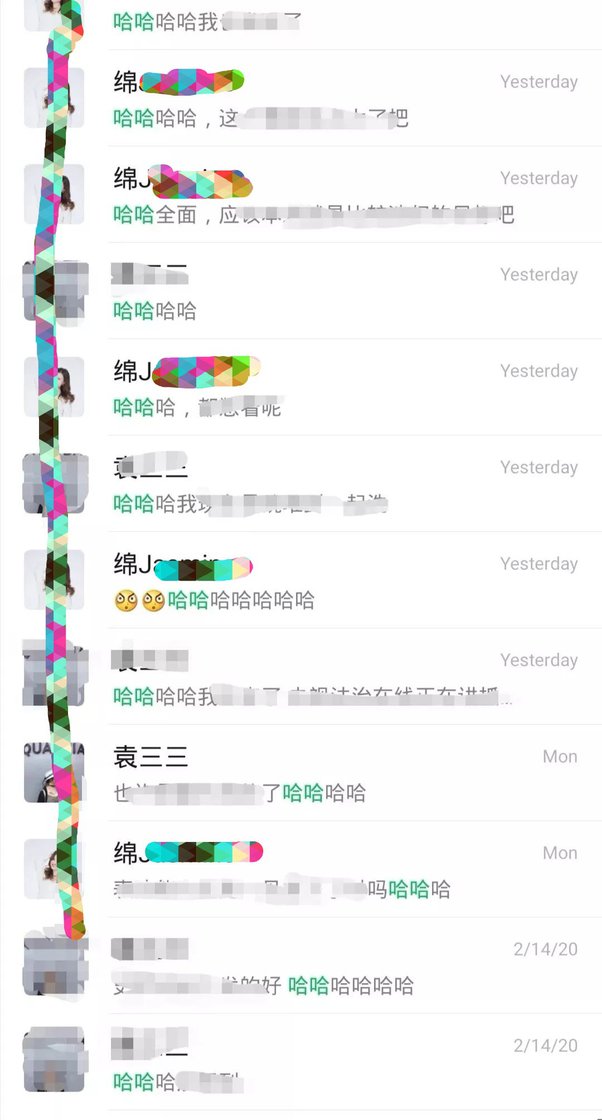
See how many “哈哈” are used in this chat.
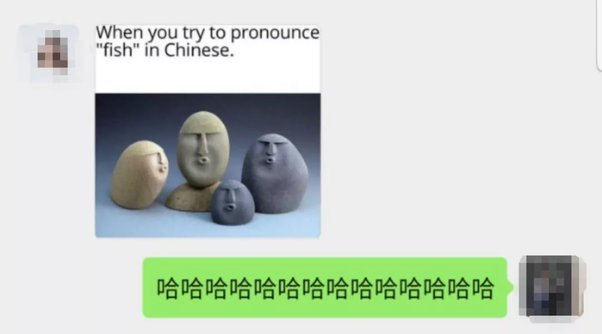
Remember that there’s no limitation for “哈” when you apply it. In reality, people even can see the degree of funniness by how many “哈”s you use in replying?
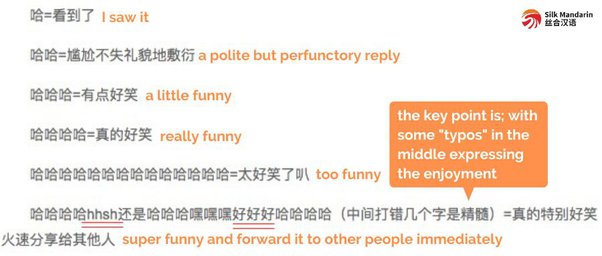
You don’t need to apply this strictly. People summarized this just for fun
Besides “哈哈”, to deepen or exaggerate the degree of how funny things are, you can also use the phrases below. You put the result such as “die”, “bend over” and “cry” after “笑 laugh” to indicate the degree?
笑死
xiào sǐ
laugh to death
笑趴
xiào pā
Bent over laughing
这个电影太好笑了,笑死我了 / 笑趴!
Zhè ge diànyǐng tài hǎoxiào le,xiào sǐ wǒ le / xiào pā!
This movie is hilarious. It’s killing me!
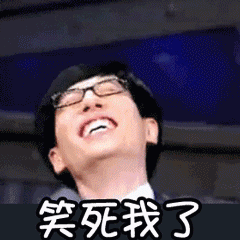
笑哭
xiào kū
laugh so much you are crying
For “笑哭”, Chinese people use emoji more. Similar to English, this emoji is strong so as to soften the tones or defuse the awkwardness. For instance:
你昨天说我们几点见面?我忘了
Nǐ zuótiān shuō wǒmen jǐ diǎn jiànmiàn?Wǒ wàng le。
Yesterday, you said when do we meet? I forgot.
还行,没什么特别的
Hái xíng,méi shénme tèbié de。
It’s okay, nothing special.
Talking about the words that emulate the sound of laughter, besides “哈哈haha”, there are more Chinese words with different implications that you need to pay attention to.
The most important one definitely is 呵呵hēhē. Maybe you’ve been told by your Chinese friends. Yes, don’t use 呵呵 easily because this phrase indicates “you are speechless” in the modern internet context.
“我呵呵了 wǒ hēhē le” is an indirect phrase to show “I became speechless”. See an example below:

A: 他昨天在群里骂人。
Tā zuótiān zài qún lǐ mà rén。
He cursed in the Wechat group yesterday.
B: 呵呵,我真没见过这样的!
Hēhē,wǒ zhēn méi jiàn guo zhèyàng de!
I have no words. I’ve never seen this!
The other way of expressing is 嘿嘿hēihēi, 嘿嘿 is more like this → snicker. Guys use this more to express being naughty and silly. E.g:

A: 你昨天又没洗碗吗?
Nǐ zuótiān yòu méi xǐ wǎn ma?
Didn’t you do the washing up, again?
B: 嘿嘿…我忘了。
Hēihēi…wǒ wàng le。
…I forgot.

The last one is 嘻嘻xīxī, 嘻嘻 is more feminine compared to 嘿嘿hēihēi. It’s usually used by girls to behave in a naughty, cute or pleasant manner. For instance:
礼物收到啦,嘻嘻
Lǐwù shōudào la, xīxī
I’ve received your present (happy, happy)